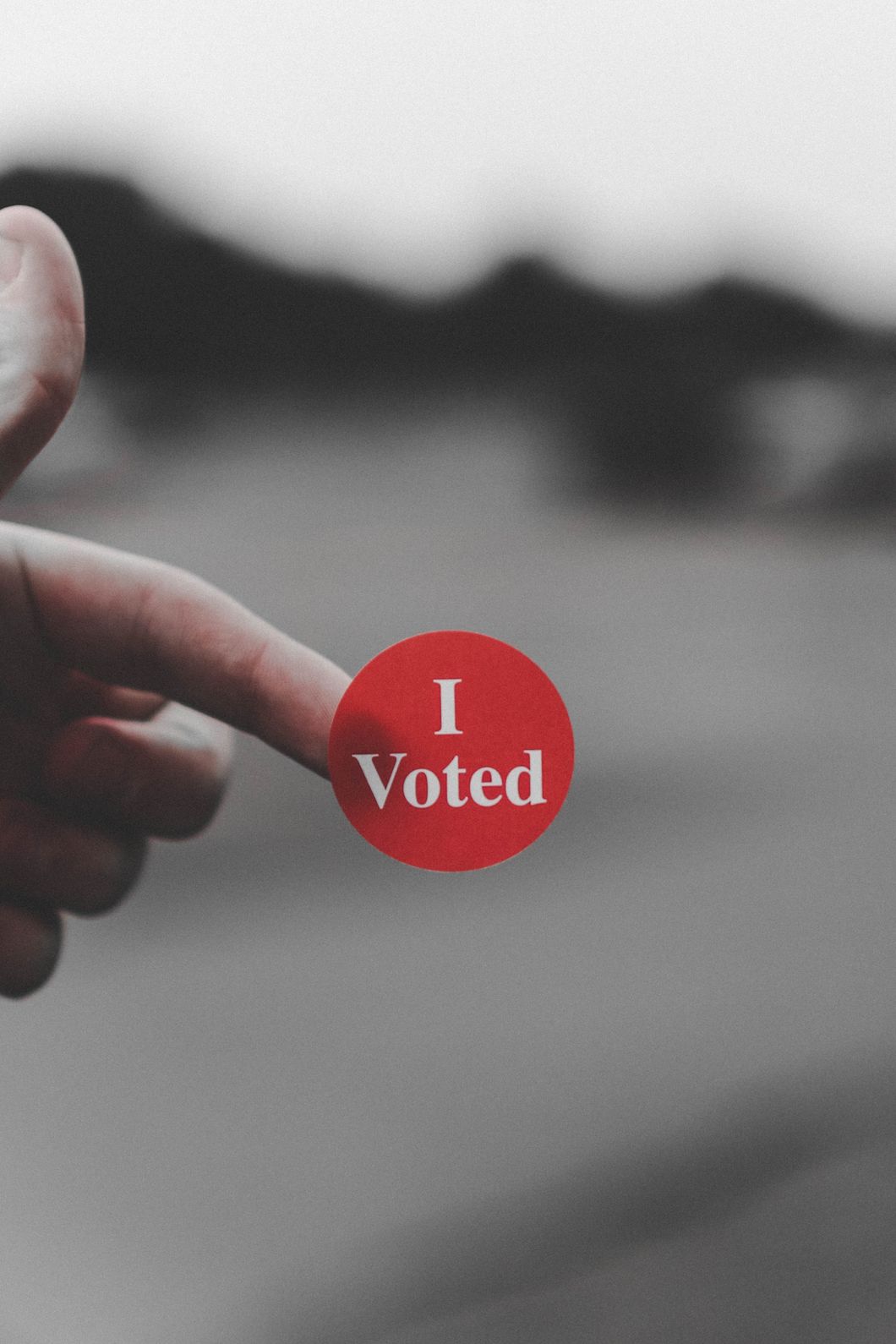Recent politicians such as Nancy Pelosi have put the voting age on the political agenda in the past few weeks. In doing so, some are advocating for the voting age in the United States to be lowered from eighteen to sixteen- Here's why it is ludicrous.
According to a study done by "Circle" regarding voter turnout in the 2018 midterms, 31% of eligible people between the ages of 18 and 29 voted. Thus, nowhere near half of the eligible voters between 18 and 29 actually voted. To anyone who thinks the voting age should be lowered to sixteen, in relevance to the data, it is pointless. If the combination of people who can vote from the legal voting age of eighteen to eleven years later is solely 31%, it is doubtful that many sixteen-year-olds would exercise their right to vote. To go through such a tedious process of amending the Constitution to change the voting age by two years when the evidence doesn't support that many sixteen-year-olds would make use of the new change (assuming it would pass) to vote is idiotic.
The argument can be made that if someone can operate heavy machinery (I.e. drive a car) at sixteen, they should be able to vote. Just because a sixteen-year-old can (in most places) now drive a car and work at a job, does not mean that they should be able to vote. At the age of sixteen, many students have not had fundamental classes such as government or economics to fully understand the political world. Sadly, going into these classes there are students that had mere knowledge of simple political knowledge such as the number of branches of government. Well, there are people above the age of eighteen who are uneducated but they can still vote, so what does it matter if sixteen-year-olds don't know everything about politics and still vote? At least they're voting. Although this is true, it's highly doubtful that someone who is past the age of eighteen, is uninformed about politics, and has to work on election day will care that much to make it to the booths. In contrast, sixteen-year-olds may be excited since it's the first time they can vote, and likely don't have too much of a tight schedule on election day, so they still may vote. The United States does not need people to vote if their votes are going to be uneducated.
But there are some sixteen-year-olds who are educated on issues and want to vote, so that's unfair to them. Well, there are other ways to participate in government besides voting. If a sixteen-year-old feels passionate about something on the political agenda but can't vote, there are other ways of getting involved. They can canvas for politicians whom they agree with, or become active in the notorious "Get Out The Vote" campaign to increase registered voter participation or help register those who already aren't. Best yet, they can politically socialize their peers with political information so that when the time comes for all of them to be eighteen and vote, more eighteen-year-olds will be educated and likely to vote.
If you're a sixteen-year-old and feel hopeless, you're not. As the 2016 election cycle approached, I was seventeen and felt useless because I had no vote. Although voting is arguably one of the easiest ways to participate in politics, it's not the only one. Since the majority of the current young adult population don't exercise their right to vote, helping inform them of how to stay informed and why voting is important, in my eyes is as essential as voting.
Sorry, Speaker Pelosi and all the others who think the voting age should be lowered. I'd rather not have to pay a plethora of taxes in my later years because in 2020 sixteen-year-olds act like sheep and blindly vote for people like Bernie Sanders who support the free college.


















